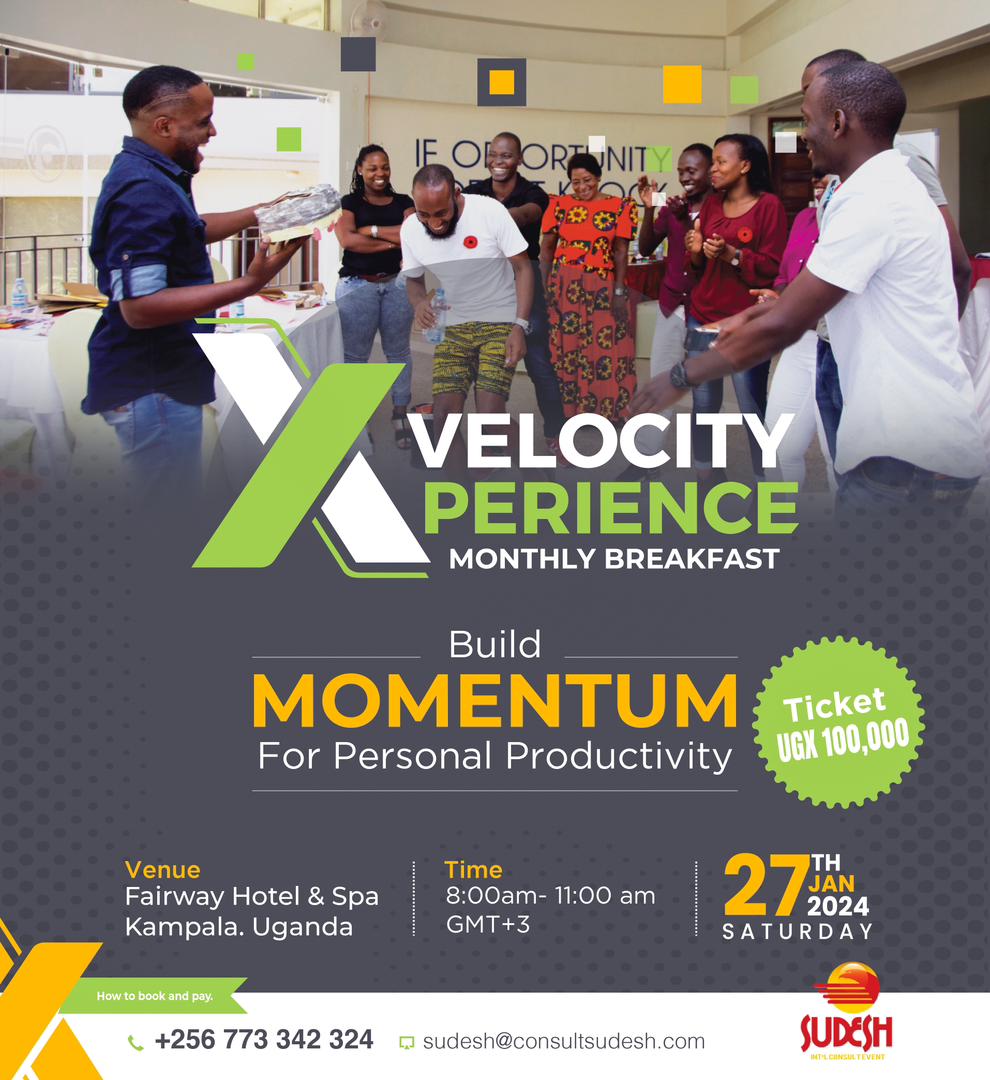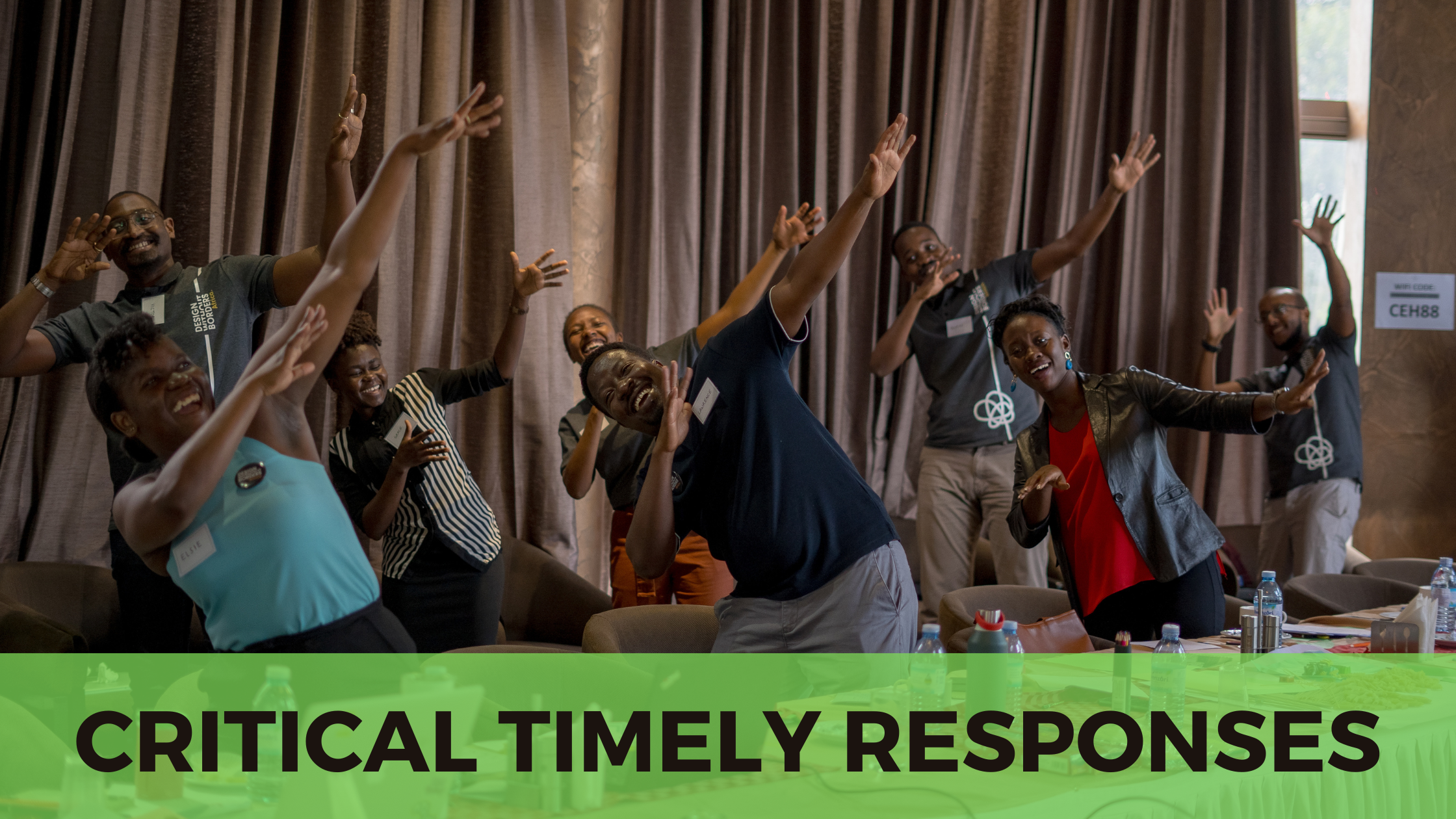Work is about productivity and not about being busy:
Martha was, by all standards, the busiest person in the office. Her desk was always piled high with documents. Her phone was constantly buzzing. She walked the corridors of the office from Department to Department like she did all the work of the Company. She’d often be the last one to leave, sighing about how much she still had to do. “Ah, the work never finishes!” she’d say, wiping her brow. Her colleagues saw her as incredibly dedicated, always “on the go.”
David, on the other hand, seemed… calmer. His desk was neat. He took fewer calls, and sometimes, you’d find him sitting quietly, deep in thought. He didn’t rush around as much. But whenever a major order was processed, or a new fabric line launched, or a client relationship significantly improved, David’s name was always quietly associated with the success. He left on time, sometimes even a bit early, with a calm smile.
Their manager, Mr. Okello, observed them both closely. He saw Martha’s endless activity. She was indeed doing many things. She managed to touch almost every single piece of paper that went through the office, ensuring no process stalled because she hadn’t seen it. She kept the wheels turning.
But then, he looked at David. David spent his quiet moments analyzing the flow of materials, identifying bottlenecks that caused Martha’s piles of papers. He didn’t attend every meeting, but the ones he did, he arrived with clear objectives, asked sharp questions, and left with actionable tasks that he then efficiently executed. He noticed that the sales team was often frustrated by late samples; instead of just chasing the samples (like Martha), he worked with production to streamline the sample creation process. He realized suppliers were often delaying because of payment issues; instead of just calling them daily (like Martha), he worked with finance to pre-empt payment delays.
Martha was busy reacting to problems, ensuring nothing completely broke down. She was like the person tirelessly patching holes in a leaky roof. David was productive because he was solving the root causes of the problems, stopping the leaks from forming in the first place, and actively building a stronger roof.
At the end of the year, when Mr. Okello reviewed their contributions, Martha’s activity logs were impressive – hundreds of tasks completed, countless meetings attended. But David’s impact report showed tangible improvements: reduced production delays, higher supplier satisfaction, quicker client onboarding, and ultimately, a noticeable increase in profitable orders.
That’s when Mr. Okello truly understood the difference. Martha was indispensable for keeping things from falling apart right now. David was invaluable for making the company grow stronger, smarter, and faster for the future. He wasn’t just busy doing things; he was productive achieving things that truly mattered. And that, my friend, is the heart of it.
Being busy is about activity. It’s about having a full schedule, constantly moving, always “doing” something. Think of it like a buzzing bee, flying from flower to flower, but maybe not actually making much honey. You can be busy checking emails, attending endless meetings, or shuffling papers, but if those actions don’t move you closer to a meaningful goal, you’re just busy.
Being productive, on the other hand, is about impact and results. It’s about focusing your energy on the tasks that genuinely contribute to your goals, that create value, and that move the needle forward. It’s about making that honey. You might have fewer items on your to-do list, but each one has a purpose and yields a tangible outcome.
One of the excuses of busybodies at work is thinking you have no choice over the work you do. Yes, your boss might give you work, but it is up to you to determine which tasks are going to give you results. This is not new. It’s the Pareto Principle. Also known as the 80/20 rule, suggests that roughly 80% of effects come from 20% of causes. In a work context, this means a small percentage of your efforts or a select few tasks will often produce the majority of your results or impact. It’s about focusing on what truly matters to maximize efficiency and outcomes.
Here’s a breakdown for an employee: You can achieve a significant portion of your work goals by concentrating on a smaller, more impactful set of tasks. Pinpoint the 20% of your tasks that contribute the most to your overall goals. Focus your time and energy on those high-impact tasks, potentially delegating or minimizing time spent on less crucial activities.
By concentrating on what truly matters, you can achieve more with less effort.








